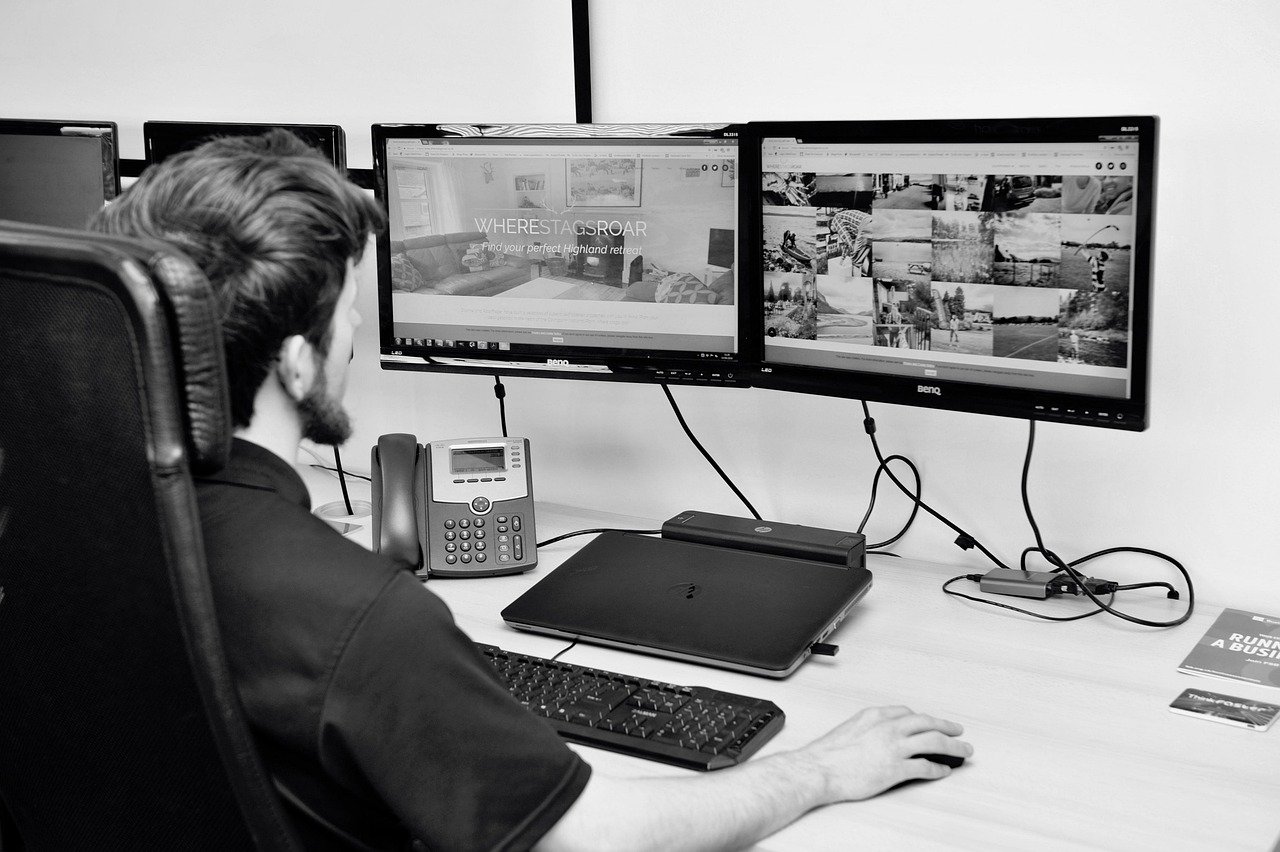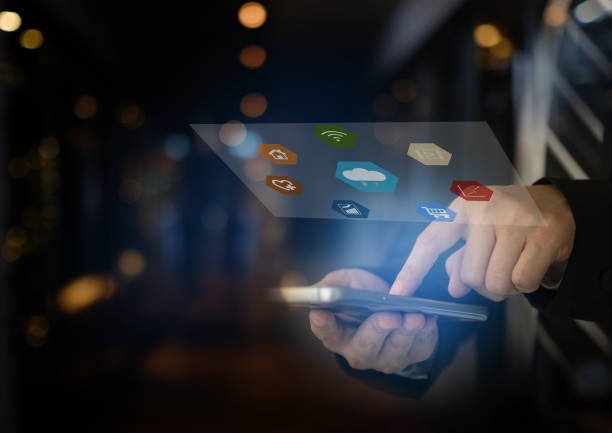The Ever-Evolving World of Technology: What’s Next?
In today’s fast-paced digital age, technology is no longer just a tool—it’s the foundation of everything. From how we communicate to how we work, shop, travel, and even think, technology shapes every aspect of our lives. What was once considered futuristic is now part of our daily routine. But as we enter the mid-2020s, the question is no longer what has changed, but what’s coming next?
In this blog, we’ll explore the most groundbreaking technologies shaping our future, how businesses and individuals can adapt, and why ethical responsibility in tech matters more than ever.
The Digital Revolution: From Optional to Essential
Over the past decade, digital transformation has gone from being a competitive advantage to a survival necessity. Businesses that once operated traditionally have now embraced digital platforms, cloud-based tools, and AI-powered services to streamline operations and meet rising customer expectations.
The COVID-19 pandemic acted as a catalyst, pushing companies to adopt remote work technologies, automation, and virtual collaboration tools practically overnight. Today, even small businesses rely on tech infrastructure to remain competitive. The transformation is deep—and it’s only the beginning.

Game-Changing Technologies Redefining the Future
Let’s dive deeper into the emerging technologies that are not just trends, but forces fundamentally reshaping our world.
1. Artificial Intelligence (AI) & Machine Learning
AI is at the heart of modern innovation. It’s powering everything from personalized Netflix recommendations to autonomous vehicles and smart assistants like Siri and Alexa.
Machine learning algorithms analyze massive datasets to make decisions, learn from user behavior, and even generate content. Businesses use AI for customer service chatbots, predictive sales analytics, fraud detection, and more.
In the future, we’ll see more advanced applications such as:
-
AI-generated designs and code
-
Real-time language translation
-
AI companions and therapy bots
-
AI-assisted medical diagnosis
The key takeaway: AI won’t replace humans—it will enhance human capabilities and automate repetitive tasks, allowing us to focus on creativity and strategic thinking.
2. 5G and Beyond: The Next Internet Revolution
5G is more than just faster internet. It’s the technology enabling the next generation of innovation—ultra-low latency, higher bandwidth, and support for millions of connected devices.
With 5G, we can expect:
-
Real-time remote surgeries
-
Seamless augmented and virtual reality experiences
-
Smarter cities with interconnected traffic systems
-
Enhanced gaming and live streaming
Countries worldwide are racing to roll out 5G infrastructure, and industries from healthcare to manufacturing are preparing to harness its power.
3. Blockchain and Web3
Blockchain technology goes far beyond cryptocurrency. Its decentralized, transparent, and tamper-proof nature makes it ideal for a range of applications including:
-
Supply chain tracking: verifying product authenticity
-
Smart contracts: automating agreements
-
Digital identity verification
-
Decentralized finance (DeFi): cutting out middlemen in financial transactions
Web3, the decentralized version of the internet, aims to give users ownership of their data and digital assets. Although still in its early days, Web3 could redefine how we browse, shop, and communicate online.
4. Augmented Reality (AR) and Virtual Reality (VR)
AR and VR are changing how we interact with digital content. From gaming and entertainment to education and e-commerce, immersive experiences are now possible thanks to wearable tech and 3D environments.
Real-world applications include:
-
Virtual product try-ons in e-commerce
-
AR-assisted surgery for doctors
-
Virtual real estate tours
-
Training simulations for pilots and military
And as Apple, Meta, and other giants invest in mixed reality headsets, the lines between physical and digital worlds will continue to blur.
5. Internet of Things (IoT)
IoT refers to the growing network of internet-connected devices—from smart home appliances to industrial sensors and wearable health monitors.
Benefits of IoT include:
-
Smart homes that learn your habits
-
Predictive maintenance in factories
-
Connected vehicles and transportation systems
-
Real-time environmental monitoring
Security and data privacy are critical concerns in this space, but the potential benefits of a connected world are enormous.
Ethical Tech: The Responsibility That Comes with Innovation
With great power comes great responsibility. As technology becomes more embedded in our lives, ethical concerns are growing louder.
Some key challenges include:
Data Privacy
How is your data collected, stored, and used? The need for strong data protection laws and transparent privacy policies is more urgent than ever.
AI Bias
If not carefully designed, AI systems can inherit and amplify human biases. Fairness, accountability, and transparency must guide AI development.
Cybersecurity
As we become more connected, we’re also more vulnerable. Individuals, businesses, and governments must invest in cybersecurity to prevent data breaches, ransomware, and cyberattacks.
Accessibility
Technology should be inclusive. Products and platforms must be designed for users with disabilities, limited internet access, or low digital literacy.
What Does This Mean for Businesses?
Whether you’re running a startup or managing a global enterprise, staying ahead of tech trends is critical. Here’s how to future-proof your business:
-
Invest in Digital Skills: Train your team in AI, data analytics, and automation.
-
Adopt Agile Practices: Be flexible to adapt to tech changes quickly.
-
Focus on Customer Experience: Use technology to personalize, simplify, and enhance your customer interactions.
-
Think Long-Term: Don’t chase trends—understand your goals and how tech can help achieve them.
Final Thoughts: Embrace Change, Stay Curious
The future of technology is filled with possibilities—and a few uncertainties. One thing is for sure: the pace of innovation will not slow down. Whether you’re a tech enthusiast, a business leader, or a student, staying informed and adaptable will help you thrive in this fast-changing world.




